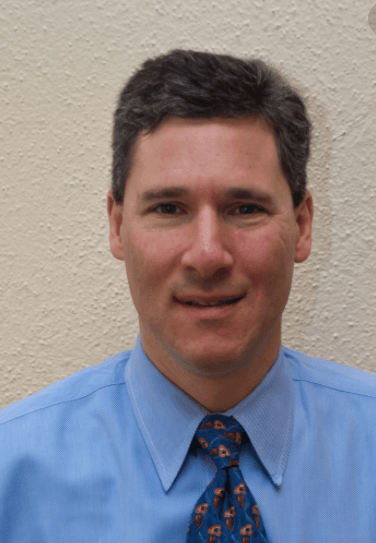Thursday Thoughts with Harvard Professor of Health Care Policy, Bruce Landon
Welcome back to our Thursday Thoughts blog series, where we talk with healthcare industry experts about how COVID-19 has shaped their professional lives over the past several months. This week, we have a conversation with Bruce Landon, MD, MBA, MSc, professor of health care policy at Harvard Medical School, a professor of medicine at the Beth Israel Deaconess Medical Center, and an internal medicine physician at BIDMC.

While at Harvard, Dr. Landon’s primary research interest has been assessing the impact of different characteristics of physicians and health care organizations, ranging from health plans to physician group practices, on physician behavior and health care services. His work in this area includes the development of a theoretical model to explain how health care organizations affect quality of care, and he is now involved in several projects that will help describe and quantify the impact of a variety of organizational characteristics and strategies, including quality improvement strategies and financial incentives, on the provision of care.
Emma Rourke: What’s surprised you the most in the past 3 months?
Bruce Landon: I remain amazed that many in the political establishment have pushed science aside and continue to downplay or ignore the fact that good science should guide our strategies for controlling the pandemic in order to allow for opening and resuming normal activity. On the positive side, I am impressed with how well the health care system has pivoted and, in my view, successfully adapted its policies and practices to enable the continued provision of needed care.
ER: What’s the most interesting statistic you’ve seen in the past 3 months?
BL: When the pandemic first hit, I was pretty concerned about the potential impact on businesses and the economy. I must admit that I was surprised to see how well health care and other organizations have been able to weather the storm financially. Thus, seeing, for instance, that the Department of Medicine where I work had a breakeven year was truly astounding to me while knowing the extent of losses and cancelled visits that occurred during the lockdown. Of course, these financial results reflect the success of programs such as the CARES Act and the Paycheck Protection Program, and I expect that the next year is going to be much more difficult for many organizations if there is no second round stimulus/support bill.
ER: What have you learned about doing your work better or faster that should be preserved?
BL: I had been on sabbatical, returning just as the lockdown started, so I was already used to working remotely. In our field, remote work can be very productive, and the efficiency gained simply by not having to commute is huge. Thus, I plan to continue to take advantage of working at home (to some extent) after the pandemic (whenever that happens). It also is clear, however, that in person contact is critical for generating new ideas and projects and is also one of the aspects of work that I value, so I do look forward to being back in the office!
ER: What should we be measuring 6 months from now?
BL: I continue to think that the most important numbers are the hard outcomes of hospitalizations and deaths. We know that there are both false positives and false negatives in case counts, and that these also related to the underlying rates of testing. We also need good data on vaccination uptake as I think we will have vaccines by that time.
ER: You’re organizing a socially distanced dinner party in this time of COVID, which three people (dead or alive) would you invite?
BL: Oy. This would take too much thought to give a good answer!
__________________________________
Want to hear from other industry experts about what it has been like to work during COVID-19? Check out our previous installment of Thursday Thoughts, with Kim Paull, MPH, here.
